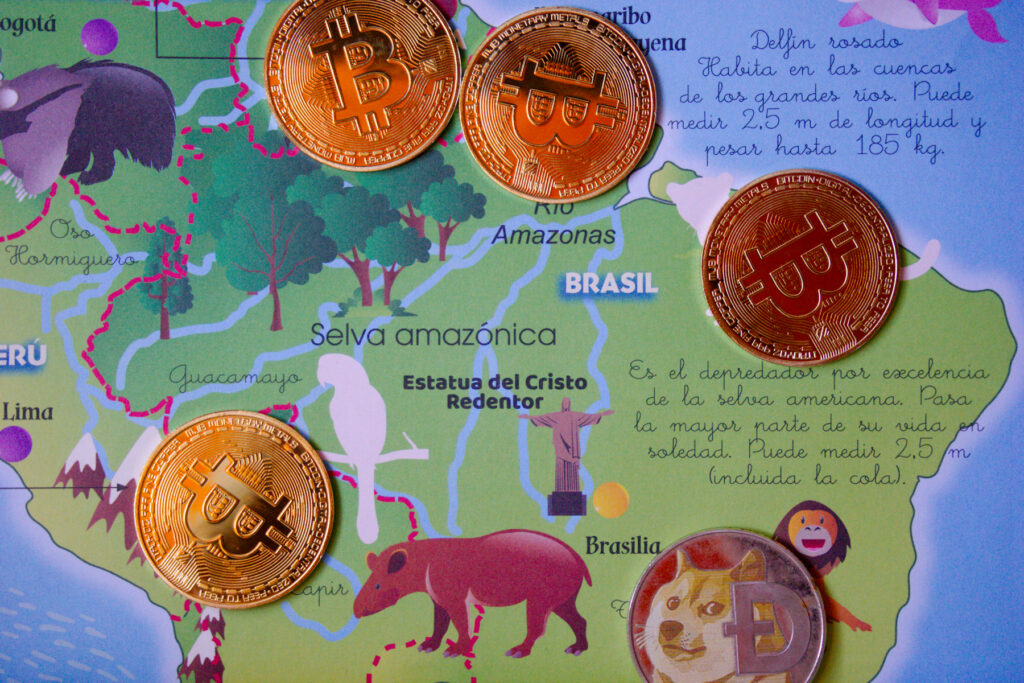The Brazilian Federal Revenue Service (RFB) has released data indicating a surge in cryptocurrency transactions in March 2023. The data highlights an increase in transactions in the country at the end of the first quarter of the year.
In March, 1,607,430 Brazilian taxpayer-identification numbers for individuals were declared for the first time in a single month that they had cryptocurrency transactions. This new record represents a significant increase since the process began requiring investors to report their transactions in 2019.
Furthermore, 61,257 unique identification numbers for companies were also reported for cryptocurrency transactions in March 2023. While this number is lower than the December 2022 figure, where more than 65,000 companies were involved in the market, it still marks the second-largest declaration in the history of Brazilian companies buying and selling cryptocurrencies.
Brazil Shaping Up To Become a Crypto Hub
These figures demonstrate a growing mainstream interest in the Brazilian cryptocurrency market.
According to a survey conducted by Statista in 2021, Brazil ranked as the fourth-largest market for cryptocurrency ownership, with an estimated 8% of the population owning cryptocurrencies. The top three countries were Nigeria (32%), Vietnam (21%), and the Philippines (20%).
The South American nation also ranks third in highest cryptocurrency trades, behind the U.S. and Russia.
The growing interest that Brazilians have in crypto can be attributed to a mix of mistrust in the volatility of their national currency, the Real, and a desire to seclude themselves from the nation with the highest real interest rate in the world at 13.75%.
This recent boom in the South American market even prompt new crypto projects to aim to promote their brands in that region. Just recently, the Golden Inu Token announced its plans to move the promotion of the new currency in Brazil and other neighboring countries.
However, this surge in interest prompted the Government to introduce new bills in order to regulate the cryptocurrency market in Brazil.







